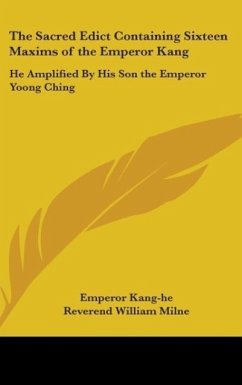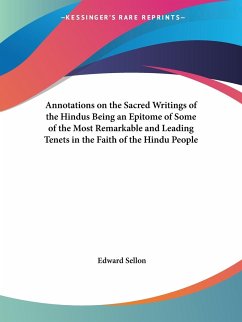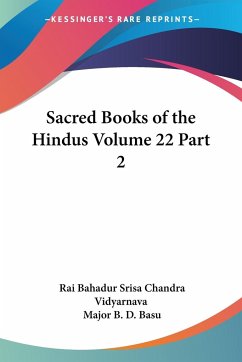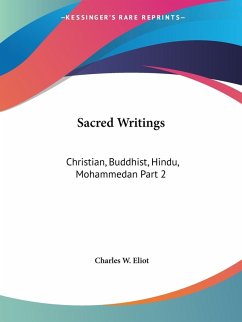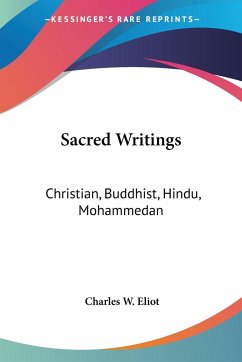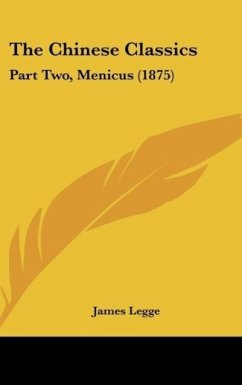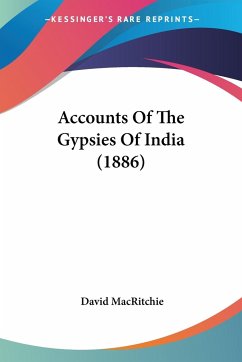1817. The Sixteen Maxims, which for the groundwork of this book, were delivered, in an edict, by the Emperor Kang-he, the same Emperor by whose authority the Chinese Imperial Dictionary was compiled. These maxims, each of which, in the original, contains seven characters, or words, were neatly written out on small slips of wood, and placed in the public offices, where they are to be seen at the present day The Emperor Yoong-Ching, the son and successor of Kang-he, wisely considering that the conciseness of these maxims would necessarily prevent their general utility, wrote an Amplification of them, which he published in the second year of his reign; and ordered it to be read publicly to the people, on the first and fifteenth of each month. The Sixteen Maxims are: Duties of Children and Brothers; Respect for Kindred; Concord among Neighbors; Importance of Husbandry; The Value of Economy; Academical Learning; False Religions exposed; On the Knowledge of the Laws; Illustration of the Principles of good Breeding; Importance of attending to the essential Occupations; The Instruction of Youth; The Evil of false Accusing; The Consequences of hiding Deserters; The Payment of Taxes; The Necessity of extirpating Robbery and Theft; and The Importance of settling Animosities.
Hinweis: Dieser Artikel kann nur an eine deutsche Lieferadresse ausgeliefert werden.
Hinweis: Dieser Artikel kann nur an eine deutsche Lieferadresse ausgeliefert werden.

